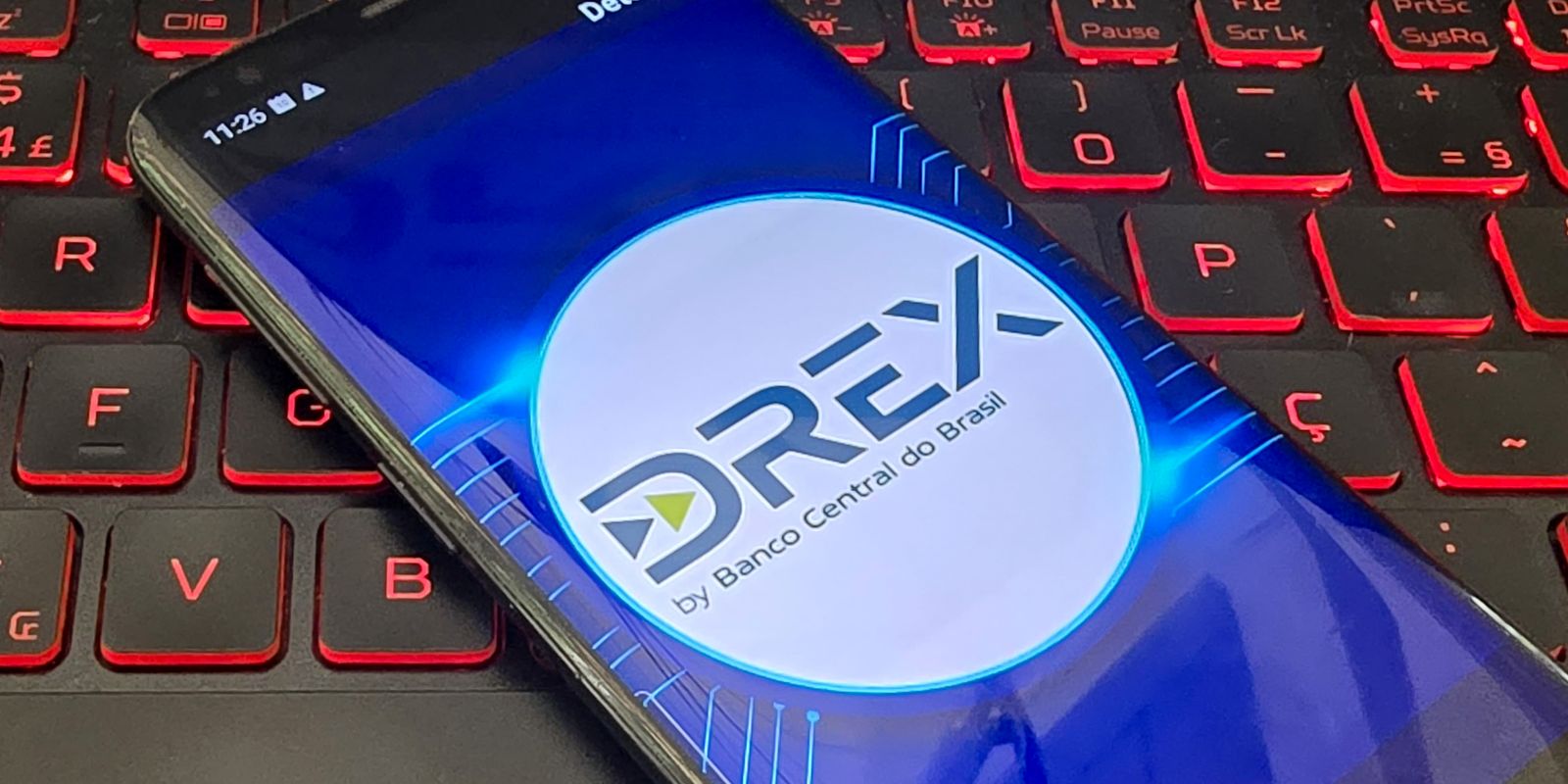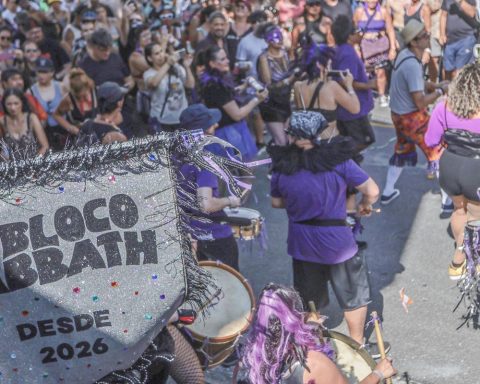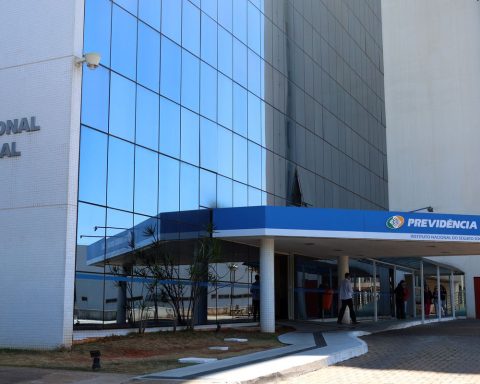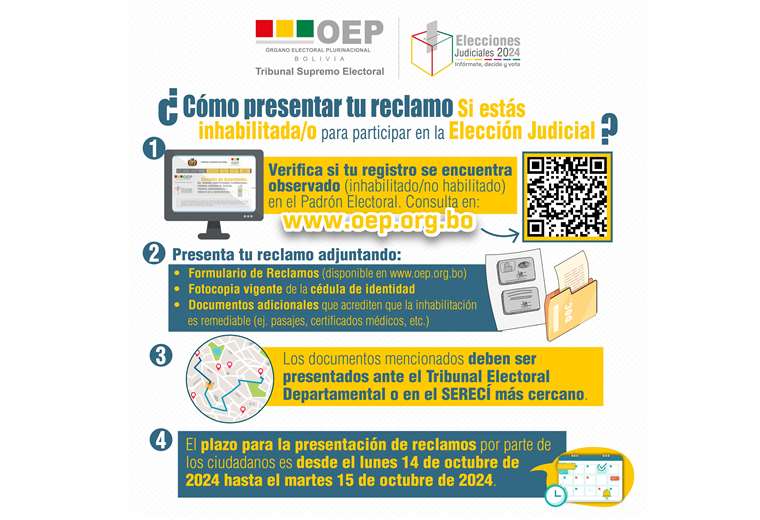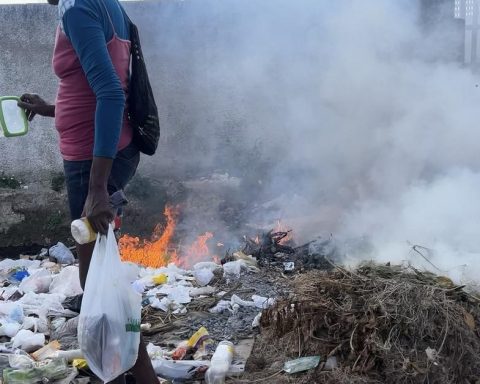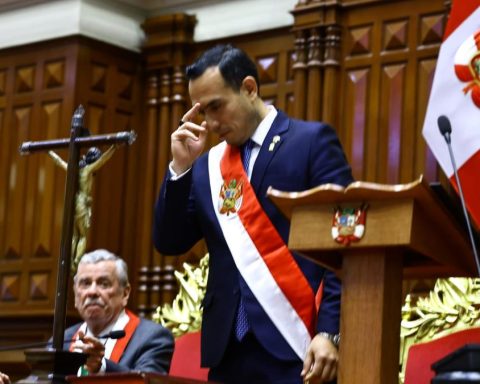From this Monday (14th) until November 29th, companies interested in participating in the second phase of Drex testing, digital version of the realmay send proposals to the Central Bank (BC). Testing will focus on business development linked to smart contracts (smart contracts).
“Institutions operating in the financial market that necessarily have the capacity to test the proposed business model, including issuance, redemption or transfer transactions of assets, as well as to execute the simulation of financial flows arising from events, may participate in the pilot project. negotiation, when applicable to the case under test”, informed the Central Bank in a note.
Generated by blockchain technology, used in cryptocurrencies, smart contracts are programs that automatically execute the terms and conditions of a contract as soon as it is activated. Actions, such as money transfers, payments, registrations, fines for delays, occur automatically, reducing bureaucratic steps, such as deeds and signatures at a notary’s office, which reduces costs and improves efficiency.
Operations with smart contracts include the purchase and sale of vehicles, real estate and negotiations of agribusiness assets. In the case of selling a vehicle with a smart contract, for example, there would be no discussion as to whether it would be up to the buyer to make a deposit before receiving the asset or whether the seller would have to transfer the documents before receiving the money. The entire process will be carried out instantly, through an automated contract, reducing the cost of bureaucracy, intermediaries and speeding up operations.
Regulation
According to the BC, proposals for the second phase of Drex must have a maximum of five pages. They must be sent to the email [email protected]. Projects chosen for testing must then formalize a participation agreement and designate a technical representative for coordination.
According to the Central Bank, proposals must detail the business model, specifying expected positive impacts, the need for privacy solutions, testing methodology and possible legal impediments. There will be no limit to the number of selected proposals. The final number will depend on the number of registrations and the BC’s technical and operational capacity to monitor the tests.
Tests
In March 2023, testing began with the platform which will allow the registration of financial assets in the digital version of the real. The platform chosen was Hyperledger Besu, which operates with open source, which reduces costs with technology licenses and royalties.
A network compatible with Ethereum technology (a type of cryptocurrency), Hyperledger Besu allows testing in controlled environments and guarantees transaction privacy. Based on this platform, the BC expects the development of online applications by companies, with decentralized development, as in payment initiators, a tool that allows payments outside of bank applications.
In June last year, the BC chose 16 consortiums to participate in the pilot project. They built the systems to be coupled with Hyperledger Besu and developed the financial products and technology solutions. In August 2023, the BC announced that the digital version of the real one would be named after Drex.
The first phase tests began in September 2023, through simulated operations that tested security, privacy and agility between the digital real and tokenized deposits from financial institutions. The testing took place in stages and evaluated deposits from bank reserve accounts; deposits from settlement accounts; deposits from the National Treasury single account; demand bank deposits and operations with National Treasury securities.
Delay
Originally, Drex was expected to enter circulation at the end of this year or early 2025, but the development of the digital currency has been delayed. A series of strikes by Central Bank servers in the first half of the year stopped the development of projects within the authority. Furthermore, the first phase of testing detected problems to preserve user privacy.
The second phase of testing began in July, with the 16 consortia authorized in the first stage. Now, the BC will expand the test to new participants. Tests with smart contracts will run until the end of the first half of 2025.
